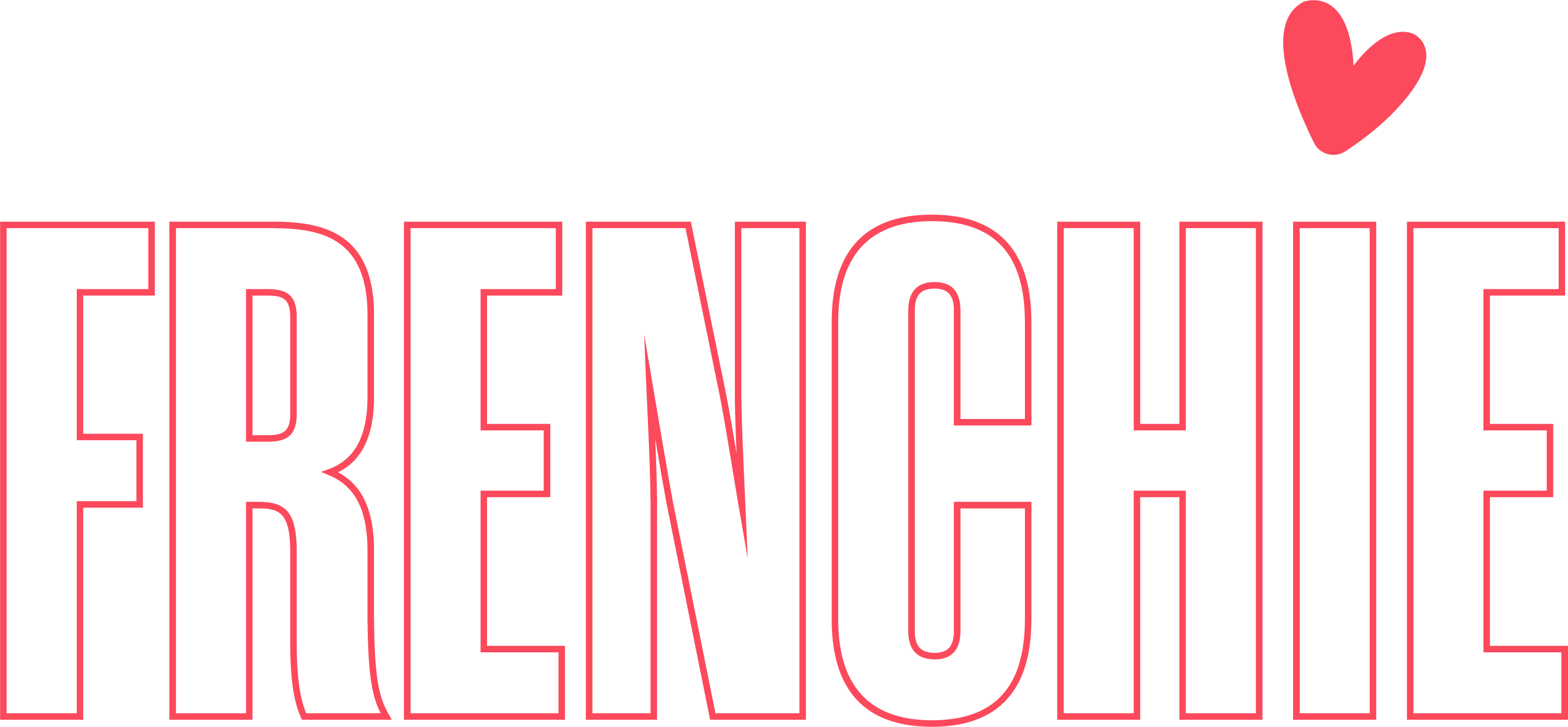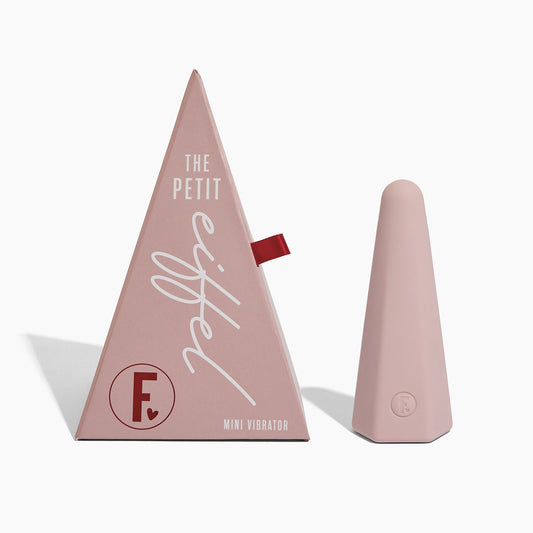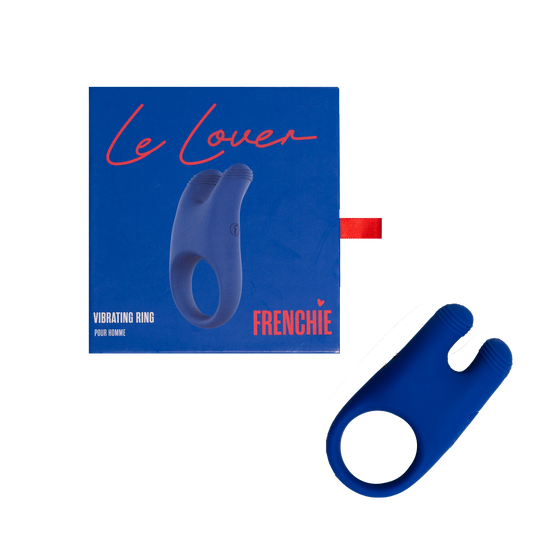It’s 7:30 on a Saturday night, I’m sipping wine, talking to two friends of mine in their 40s. They’re quickly cleaning up dinner, readying their kids for bath time, when they asked me about the recent happenings in my dating life, to which I answered, “I’ve gotten myself into a little situationship.” They looked at each other and laughed in sync, never having heard the term before.
A situationship. It’s the limbo between matching on Hinge then proceeding to see each other over the next few months and posting your hard launch on Instagram. The in between. The sometimes uncomfortable, “What are we?,” do I bring you around my friends, stage.
It’s romantic, exciting, unknown, non-committal, and sometimes one massive headache. It’s a situationship, a type of relationship 35% of Gen Z report preferring over something with a label (Reference).
People define situationships differently, but as someone who has been in several, I know three things to be true:
- It isn’t necessarily “superficial,” as some clickbait articles are (dare I say successfully) convincing us
- We have just as much power in deciding if we want to continue to engage in a situationship as the other does
- These relationships aren’t negative by nature; there are many positive experiences that can be had by having a little boo thang who doesn’t come along with commitment.
But before we get into what positives you may just be surprised to realise in any current or future situationships you may find yourself in, I’d be doing a disservice to not mention what we should be conscious of as we deep dive into swiping on those who have listed “situationships” under their preferences on their Tinder profiles.
First, let’s be clear about OUR wants and needs in relationships in the here and now.
Not in five years, not based on what everyone around you is making look like is “normal.” I’ll give you a dirty little secret I know you’ve heard many times: If they’re posting milestones and date nights on Instagram, trust that they also face struggles and hard conversations in the in between. Focus on you. What do you have capacity for, what do you want out of a relationship, and what does that look like day-to-day? I find so many times we want a label but don’t know what that label actually means on a Tuesday night after a long day at work. Think about what connections you are seeking, what you can offer today, and be clear on that.
When you communicate this to those you date, remember the old adage, “Clear is kind.” Clearly and respectfully communicate. Those who want what you want will stay around, those who don’t should respectfully leave you to seek what will serve you. Sure, it can absolutely be scary to be clear with your wants and intentions when your hot date is so damn tempting. But remember this: You are responsible for communicating your feelings, wants, and needs. Potentially one of the most difficult points to be discussed while in a situationship is whether each partner is seeing other people. Brutal and very important, so you better get clear and communicative.
Second, remember there is always something to experience and/or learn, regardless of the type of relationship you’re in.
Want to have some good sex? Want to learn how to be a better communicator? Want a plus one for your mate’s 30th in Mexico next year? Sure, a situationship can fulfill one, and maybe all, of these wants. Learn to appreciate the here and now, and remember to continue to learn about yourself AND others in any relationship you find yourself in.
Third, if (or dare I say, when) your feelings change, you must clear your throat and speak up, baby.
Feelings are scary. What if they pack up and run? Then they do.
But what if they come closer?
NOW it sounds like a risk you should take, doesn’t it? Indeed, it’s a risk you should always take. Never before have I regretted being honest about my feelings. In fact, it’s been quite the opposite. There is a time and place to discuss when things have changed for you, and if this person is anyone worth giving time and space for, they will not only hear you out, but respect your openness as well as your feelings. Your vulnerability is not something to be taken for granted.
Please remember feelings do change, and give space and respect to everyone’s feelings in these situations. Sometimes the most beautiful relationships transpire from something without pressure and without commitment. This takes communication, time, and patience; some of the most difficult little gifts to give when sex and all these wonderfully fierce hormones are involved.
And if they go, you have avoided falling for someone who is written about in all of these “fuck situationships” - style articles. A situationship fails to serve us when it no longer fulfills our needs and wants, or is clearly not going in the direction we are wanting. So, go back to point one. Your wants and needs may have changed, and it’s on you to stand with yourself and speak on that.
Are situationships suddenly sounding like they could be a good thing?
Don’t be surprised if you feel relieved to finally hear dating doesn’t have to have a timeline or expectations as you endeavour to find someone you want to be around. If you can define your current wants and needs, effectively communicate, and continue to ride the waves of uncertainty in a positive and healthy way, a situationship might just be a gift.
Learn to get what you want out of relationships
I said it before, but it’s worth saying again. You have power over what you engage in, how much time you give, and what you communicate. Things not working for you anymore? Want more time together? Want to be “official?” You are responsible for communicating.
Maybe you do want some movie nights, cuddles, good sex, and some space to do your thing. Nobody can fault you for that (besides maybe the person you haven’t communicated this with who assumes you want something different). We need to face the reality most people believe there is going to be some form of relationship progression, looking something like this: Talking, messaging, dating, making things official, becoming exclusive or setting ground rules, meeting the family, getting engaged or making some sort of commitment, etc. I’m here to tell you it doesn’t have to look like that, but don’t be surprised if there are assumptions. Humans love assuming and predicting the future. Use your words and don’t be afraid to follow your feelings if you do end up wanting what you originally stated you didn’t.
Commitment may just come with age
In Australia, the average age of first-time marriage in the 1940s for men was 23.7 years. Fast forward to 2021, the average age was 30.8 years old (Reference). Fewer people are choosing marriage today, and those who do are doing so at an older age. That isn’t to say less people are seeking romantic partnerships or long-term relationships, but we would be delusional to not acknowledge modern-day relationships look much different for many cultures than they did in the 1940s.
We are now more familiar with open relationships, higher divorce rates, more language to specify sexual preferences, polyamory, and a stronger emphasis on the importance of working on ourselves before entering into a relationship. Hell, in 2010, we wouldn’t have known the term “situationship,” and online dating was a much longer process than simply searching the App Store and uploading some saucy pics.
The short summary is, what it looks like to date in 2023 is much different than the picture country love songs paint.
I’m waiting to hear one about the unknown, lustrous times that don’t necessarily conclude with wedding bells and lace.
Go on, say what you mean and mean what you say, and learn to take time with people for what it is. Whether it’s a situationship or a long-term relationship, if it’s healthy, positive, and provides a connection to someone special, that is a win in my sexology books.
Emily Wolter is a sexologist and podcast host of 'This is BS with Em'. You can check out her website here: bswithem.com





